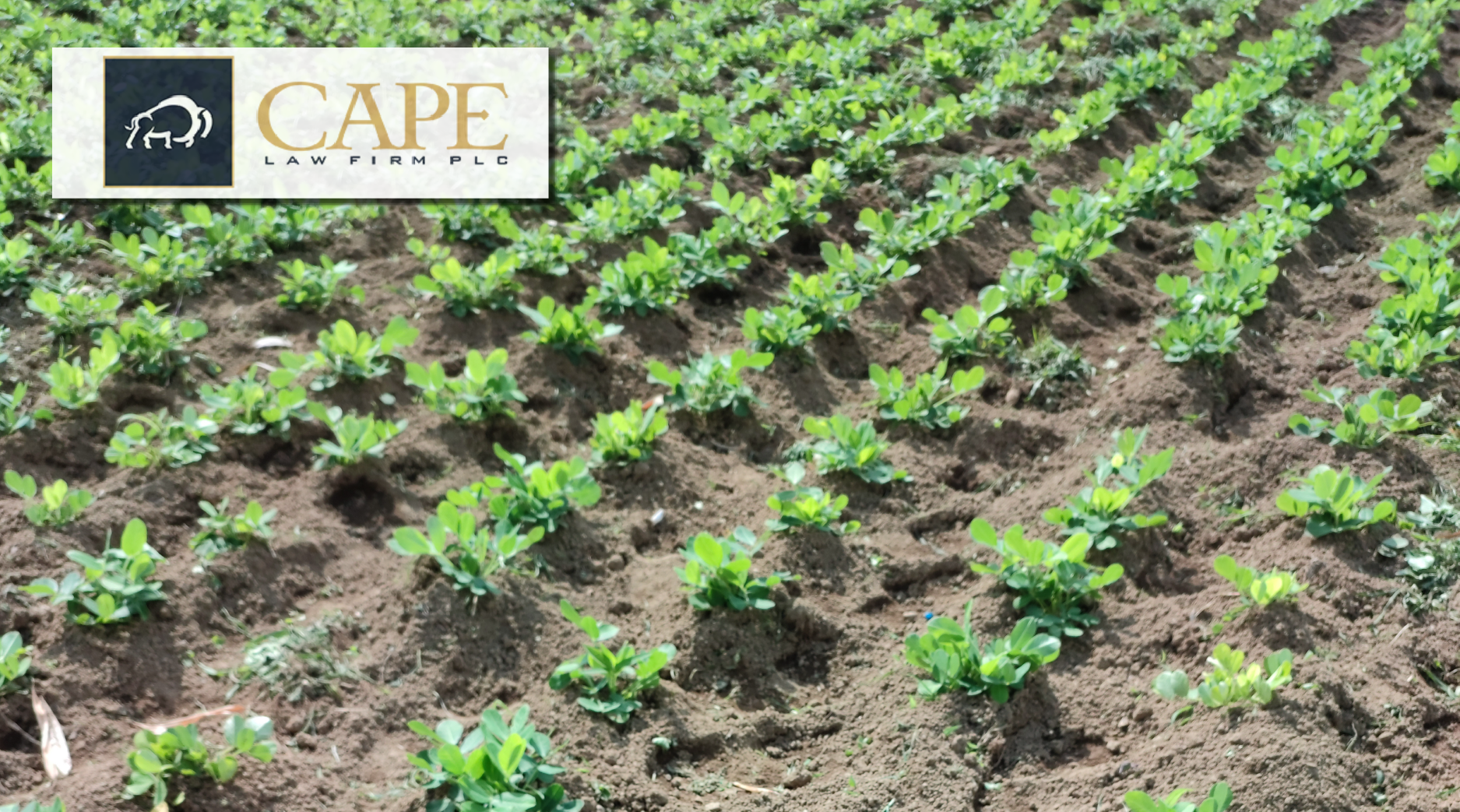Bill to Give Complete Immunity for Pesticides
Federal legislation providing pesticide producers with complete immunity for pesticides was introduced in the House of Representatives by Rep. Dusty Johnson (R-SD) last month. The Bill (H.R. 4288) proposes to amend the Federal Insecticide, Fungicide, and Rodenticide Act’s (FIFRA) preemption provision (7 U.S.C. 136v(b)) to effectively eliminate virtually all State authority over pesticides. More importantly, the Bill will result in immunity to pesticide producers even if the producer fails to comply with legal packaging and labeling requirements. The effect of the Bill if it is passed will be virtual bulletproof immunity to pesticide producers for their products.
The clear intent of this Bill is to overturn the Supreme Court’s 2005 decision in Bates v. Dow Agrosciences LLC, 544 U.S. 431, a case where a group of Texas peanut growers sued Dow for damages to their crops caused by a herbicide that failed to warn against application in higher pH soils. The Supreme Court held that FIFRA did not preempt the Texas growers’ state law claims for damages to their crops.
The Bates case provided agricultural producers the ability to seek redress for damages caused by pesticides which had been dismissed by courts for many years under FIFRA’s preemption provision.
While the Bill (titled the “Agricultural Labeling Uniformity Act“) is being promoted as a favor to farmers, it is actually quite dangerous to the ag community and will eliminate the ability of farmers and ranchers to seek a remedy for pesticides that fail to perform or cause harm to crops. Even the EPA itself pointed out nearly 30 years ago that the Agency does not review product performance claims for pesticides and FIFRA should not preempt such claims (Pesticide Registration Notice 96-4). Yet, this Bill would allow immunity over issues that the EPA does not even review or approve. In short, this Bill is troubling and would result in a huge step backward for the entire ag community.
Economics Stymie Business Growth in Rural America
Many successful rural entrepreneurs are finding it next to impossible to expand their businesses because of big disparities in the cost of expansion versus property values, a problem highlighted in a recent report from the Wall Street Journal. That was the case for Maine Grains, a successful grain miller focusing on milling and processing locally grown grains and pulses. When Maine Grains sought to expand capacity to fill online orders and create new grain blends, the cost of construction came in at around $7.4 million, but once completed the property would only appraise for about $2.4 million. Thus, traditional bank financing became unattainable due to inadequate collateral and effectively killed the project before it got started. Low property valuations are a problem throughout rural communities – a lack of comparable property sales and years of declining investment make it nearly impossible to provide adequate collateral for a loan.
Although agriculture still makes up a large part of the rural economic base, these communities need more than just farms and ranches to maintain their existence and provide basic services. Policymakers need to recognize the unique challenges faced by rural entrepreneurs and be willing to provide at least as much assistance as gets doled out in the various farm support programs. If the communities themselves can’t keep up, then the government money sent for farm support is going to leave nearly as quickly as it arrives.
Bayer May Offload Its Crop Science Division (Monsanto)
News of a possible spin-off of Bayer’s crop science division, which encompasses its 2018 acquisition of Monsanto, circulated earlier this week. The news caused a bit of a rally in Bayer’s share prices and according to analysts would result in greater value to shareholders. You can read more from Reuters here.





